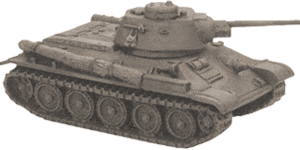Hello, just published my latest book review. This book offers a must read for enthusiasts of armored operations during the Second World War, and comes to us from historian Douglas E. Nash - in a work titled From the Realm of a Dying Sun. This book offers readers a detailed look at the IV-SS Panzerkorps formation and subsequent combat operations in Poland from August to November of 1944. Check out the review here.
Blog
Hi all. Obviously it's been awhile since I last posted in June. What can I say, work and a young family has been keeping me very busy. As has my progress on my second book examining Germany's defeat in the Second World War. Nevertheless, I have been able to do some reading of late, and have three books I think you will really enjoy. Each offers a unique look at often overlooked aspects of the Second World War and Vietnam War.
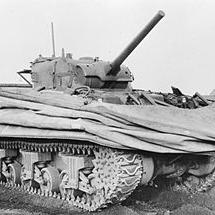
With the 75th Anniversary of the June 6, 1944 Allied invasion of Nazi-occupied France upon us (D-Day) I thought it would be appropriate to highlight one of the more important contributions to the D-Day effort. That being the armor tasked with supporting the assaulting infantry at Omaha beach. During the abortive Dieppe raid of August 1942 it had become obvious that significant armored support was essential if any Allied invasion force had hopes of getting past the German beach defenses.
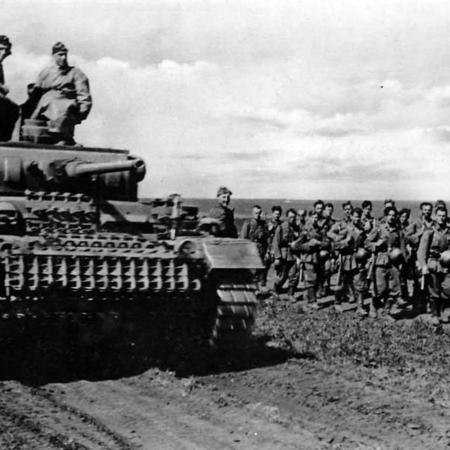
Traditional accounts of Germany's 1942 summer offensive on the Eastern Front (codenamed Operation Blue) describe the tyranny of time, space, and distance all working together to undermine German efforts. Couple that with the Red Army's wise decision to pull back, draw the Germans in, and only then stand and fight, using its superior size and strength to beat the Axis forces, and you have a conventional wisdom that proved surprisingly enduring.
As it turns out a huge chunk of this conventional
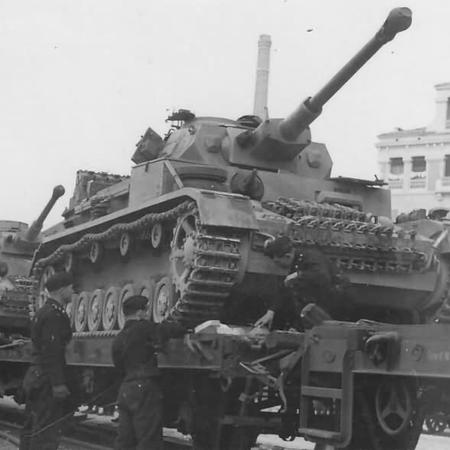
The German army in the east (Ostheer) had taken a beating during Barbarossa in part but even worse during the Soviet winter counter-offensives beginning in December of 1941. The first six months of 1942 featured a series of massive battles that would continue nearly up to the start of the second large-scale German summer offensive: Operation Blue.

Though it is popular to think of the 1939-1941 "Blitzkrieg" era Wehrmacht as a near unstoppable war machine, reality is far different. Material shortages similar to those afflicting the German army in the years 1944-1945 were all too apparent during the Third Reich's early war march across Europe and the Mediterranean littoral.
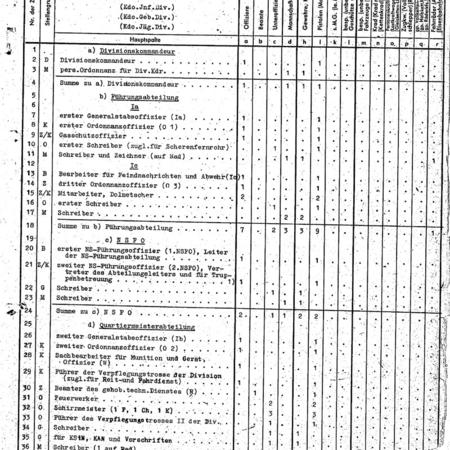
For over a decade now, I have sought, via my professionally published work and at this website, to drill down into exactly how and why the Second World War in Europe ended as it did. To that end, the major component of my research has focused on the war fought between Nazi Germany and the Soviet Union.
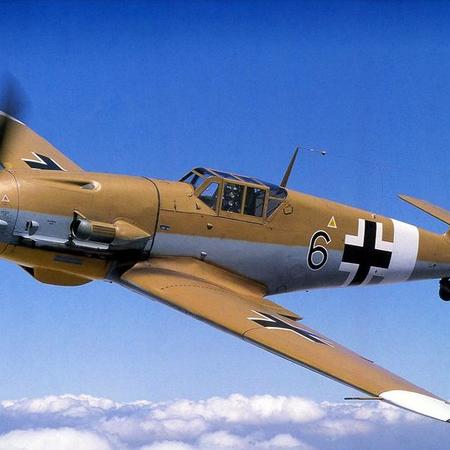
When it comes to World War II, at times it's hard to get past the numbers. After all, they are huge. In the course of civilization there has never been a more destructive war. However, it's imperative in analyzing the reasons why the war ended as it did that we also take account how much qualitative factors proved the trump card in determining victory or defeat.

The Michigan War Studies Review (MiWSR) has just published my latest book review. It is of Lawrence Paterson's Steel and Ice: The U-Boat Battle in the Arctic and Black Sea, 1941-1945. I thoroughly enjoyed this book. If you have any interest in undersea warfare or the war fought between Nazi Germany and the Soviet Union then you will like it as well.
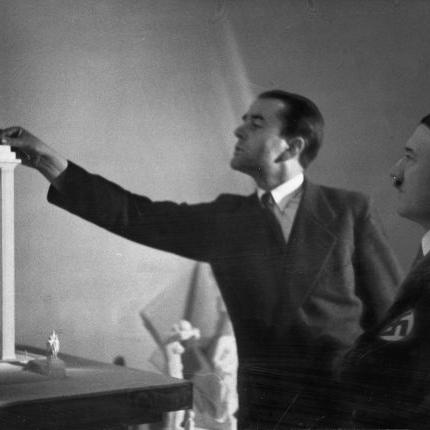
The Second World War ended seventy-two years ago. Yet, today it is still easy to find historians arguing that the reason Germany lost the war boiled down to a numbers game. Perhaps the leading advocate of the brute force thesis behind Germany's predetermined defeat is David Stahel.

